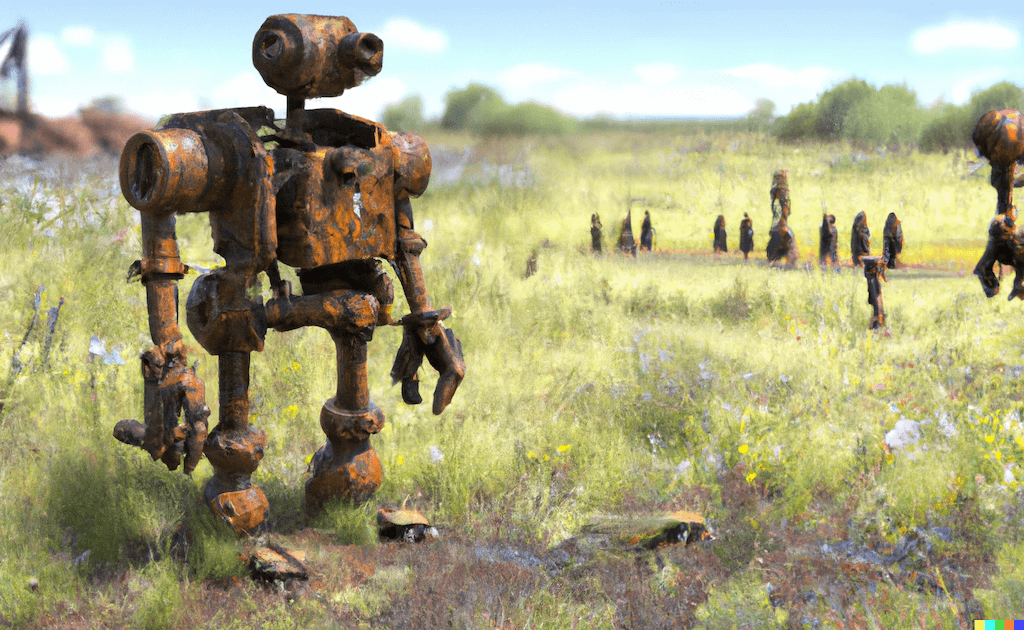Shaking Off the Rust
One of the problems with a complex game like League of Legends is how easy it is to get rusty. If you don’t play every day, you can quickly lose ability, and when you come back to the game you’ll find it much more difficult to play, even for a short absence of a week or two. Reiterate can help you get back on track quickly.

Keeping a Record
Reiterate works by having you identify issues with your own play and recording clips to help you focus on each one. As a by-product of this process, you have a record of every skill you feel is important to focus on.
When you’re away from the game for an extended period, it can be easy to forget what you were working on in the first place. Reiterate can act as a bookmark for you, keeping your place, so you can pick up your routine where you left off.
If you don’t follow a regular routine, it’s easy to get lost. Recording your skills and motivations should be a part of that routine. A training session should be more than “I played the game for an hour every day.” If that’s all that you do, and you take a break, then when you pick the game up again you’ll find yourself making the same mistakes all over again, and worse, you won’t even know which mistakes you’re repeating.
Review
My own personal Reiterate session currently has 30 clips in it. That’s a lot, but keep in mind that I also use the Focus Limit and Repeat Limit settings. Those settings ensure that in any one particular session, I’m only focusing on a small subset of my entire session clip group.
I took a break from League recently, and when I came back it was very nice to be able to scroll through the titles of my session clips. Just reading the titles, not even playing the clips, was enough to make me think, ah, yes, that’s what I was working on. It’s like a bookmark into your own personal development. Without those clips, I probably would have stumbled through my first few games, remembering the skills I needed to work on only after failing them in an actual game. And even then, I probably wouldn’t have been able to remember all thirty of the skills that I’m currently developing. Something would have inevitably been lost.
Learned Skills
One technique I like to tell people about is the Learned Skills session. If you make a session called Learned Skills then you can move clips there once you feel you don’t need them any more. It’s satisfying to hear a clip during a session and you think, I don’t need to hear that any more. You’ve successfully internalized the skill. You can simply mute the clip, and it won’t play in that session any more. That’s fine. But then you can also add it to the Learned Skills session. That session will act as a repository for all the skills that Reiterate has helped you improve on. As that session list grows, it becomes concrete evidence of how much you’ve grown.
It can also serve as a useful review tool. Every so often, you can scroll through the titles just to remind yourself of how far you’ve come. And you can also play that session in an actual game. You’ll probably not need to hear most of what is played, but perhaps there’s some skill that’s atrophied and you’ll find you need to work on it some more. This way, you can keep all your skills in top condition.
